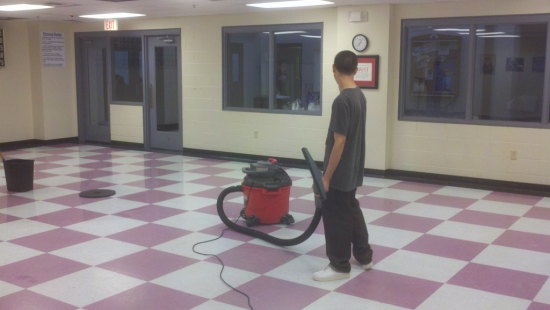Almost a quarter of Britain’s major businesses now recruit staff on zero-hours contracts that keep workers on standby and deny them actual work or income. According to government estimates, 23 per cent of businesses with more than 100 staff have taken on the flexible contract terms for at least some staff following a rise in the number of public sector services contracted out to private providers.

Labour MPs and unions have branded the contracts a return to the Victorian era and say they are being used by businesses trying to avoid agency-worker regulations, which give agency staff the same basic terms and conditions as permanent workers after 12 weeks.
The 2011 Workplace Employment Relations Study found that the proportion of businesses with some workers on zero-hours contracts increased from 11 per cent in 2004 to 23 per cent in 2011.
The contracts have long been popular with companies including Poundland, McDonald’s and Abercrombie & Fitch. Large charities and public sector businesses have also adopted the arrangements.
A sharp increase last year in the number of zero-hours contracts in the health sector was blamed by unions on the government’s privatisation of important services, including radiology, which meant professional workers on such contracts found themselves tied to rotas that could be altered at 24 hours’ notice.
Employers say the contracts offer flexibility for workers juggling family commitments. However, many of the jobs advertised request a high degree of knowledge and onerous responsibilities.
In a recent case the security company G4S advertised for custody detention officers to work together with Lincolnshire police officers on zero-hours contracts to manage the safety of people held in custody and, if necessary, restrain them.
Spokesman for the Police Federation Steve Evans, said the arrangement, part of a partnership agreement taken on last year, was an attempt to apply a business model to policing that kept a reserve group of workers employed on an ad-hoc basis.
He said: “This can obviously create some dangers. Things can change rapidly in a custody environment – legislation, training, equipment and policies and an individual’s experience and knowledge could quickly become out of date if they are not regularly working in the environment.”
G4S said zero-hours contracts allowed the firm “to provide additional resilience to forces, and ensure they can respond effectively to peaks and troughs in demand, typically coinciding with major sporting events or music festivals”.
The Labour Research Department, which analysis employment trends, said there were times when a no-strings-attached set up might suit employees, such as supply teaching or bank nursing. However it is increasingly being used to replace suitable secure employment with its similar guaranteed level of paid work and other benefits.
It added: “Even worse, it can be applied in such a way that a worker, in order to have any chance of getting paid work, is obliged to be available for work at the whim of the employer and so cannot commit themselves to any other employment.”
Previous Post
Music Royalties Rise Despite Olympic Games